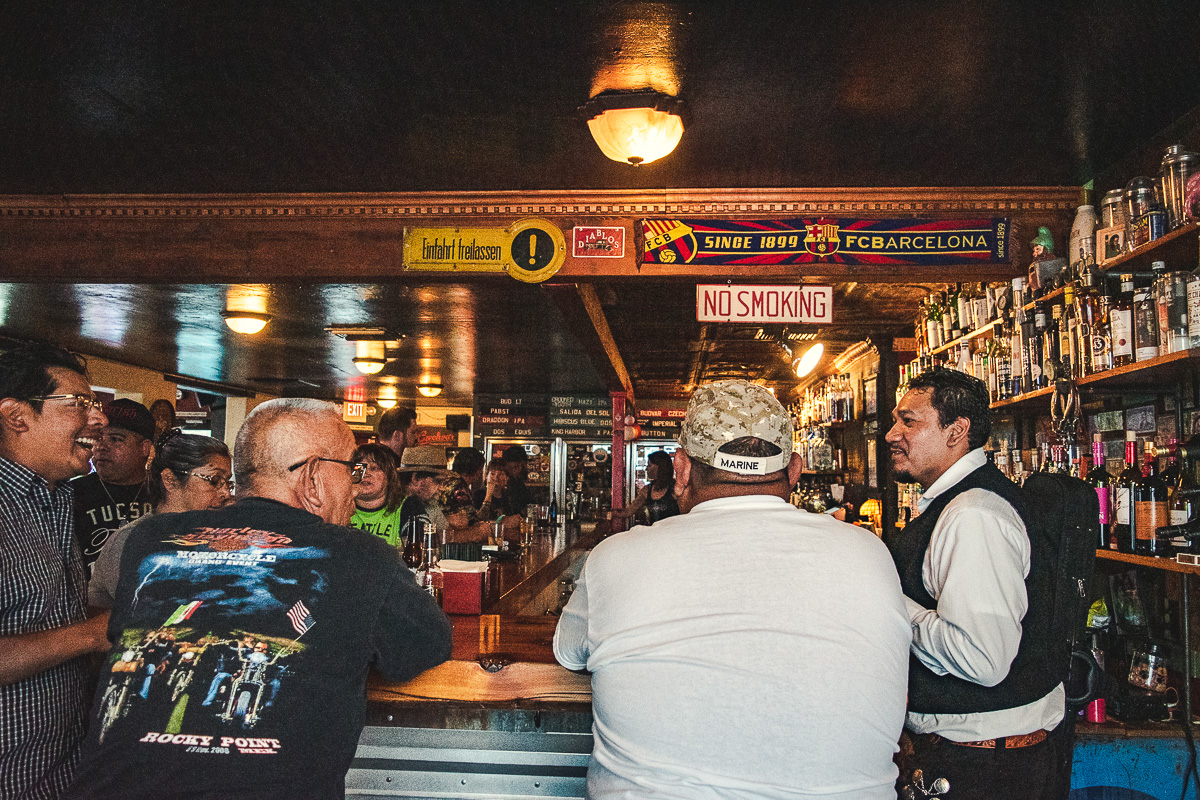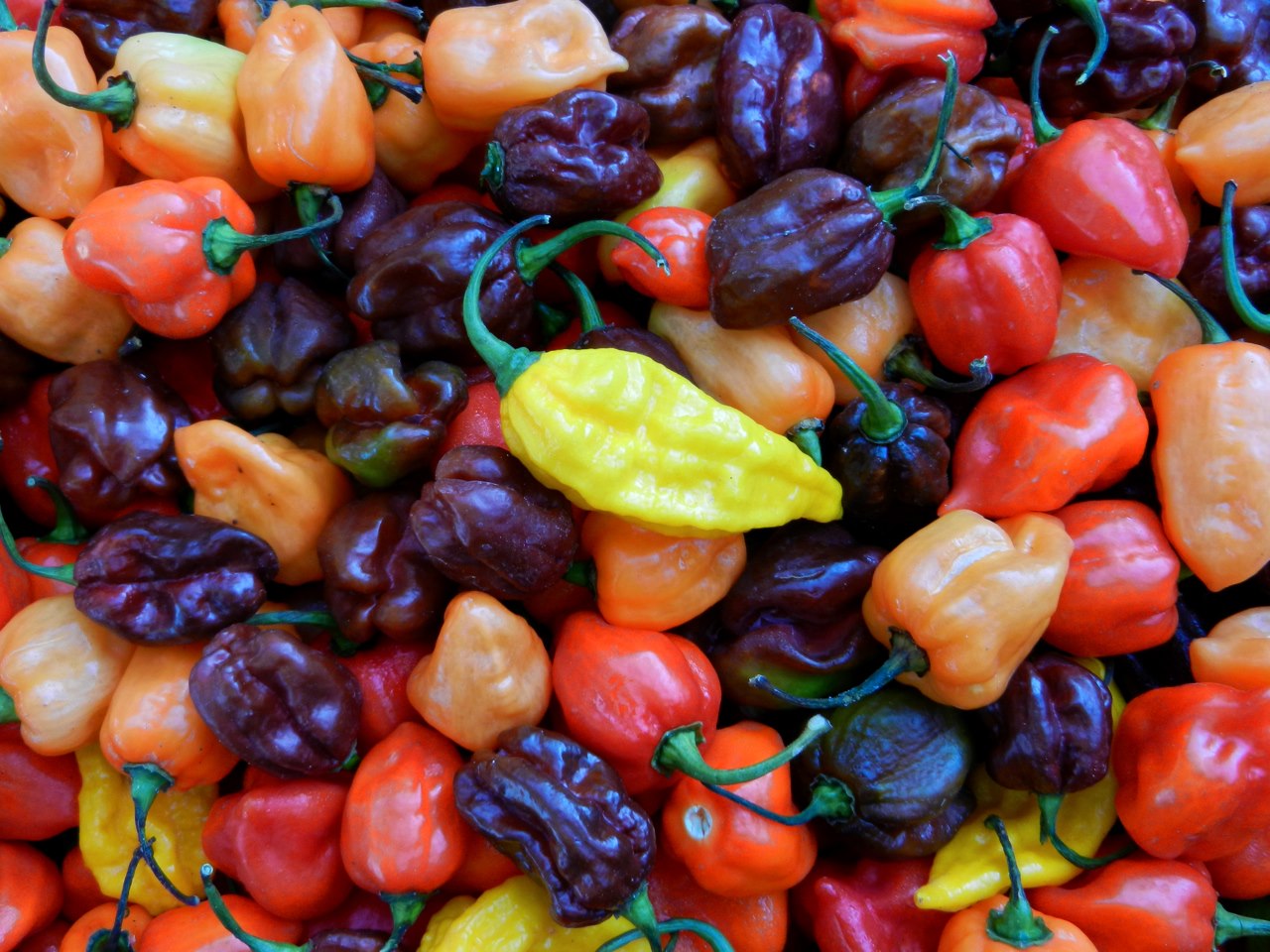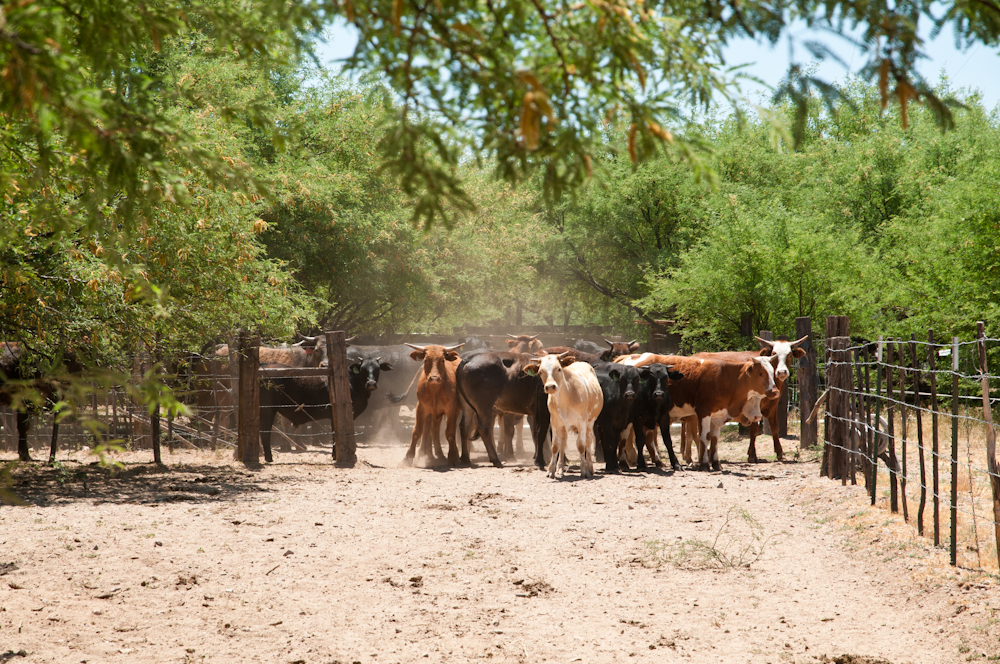
It’s officially summer in Tucson, which means summer produce season. While we are gifted year-round with garden-friendly weather, summer harvest abundance is obvious, and kitchen counters tend to become overloaded with tomatoes, watermelon, corn, green beans, and tomatillos. One of the best ways to take advantage of the season is to sign up for a local CSA.
CSA, or Community-Supported Agriculture, is a system that helps to reduce risk for farmers because consumers pay for their produce up front. Those consumers then pick up their ‘share,’ or a set amount of vegetables, fruit, and other products, like bread or cheese. The vegetables vary from week to week and season to season, dependent on what the farmer is choosing to grow.
CSAs are a wonderful way to support local farmers, meet like-minded people, and gain access to organic, beautiful produce. Here are some tips to making the most of your membership:
Excited to sign up? Here are some of our favorite CSA programs in and around Tucson:

Considered an ecovillage, Avalon Gardens in Tumacacori is a volunteer run community that also offers internships and
workshops. The farming practices used are biodynamic and organic, and focus on native and heirloom
produce. They are not currently taking new members, but you can add your name to the list.
For more information, visit avalongardens.org.

Double Check Ranch specializes in free-range, hormone and antibiotic free meats. Their program can be signed up for at any time and run for 10 weeks. Members go to whichever farmers market they sign up for and choose that week’s share from a menu board, which can include beef, chicken, pork, lamb, or eggs. The best part is that your weekly share will always be worth more than the upfront cost.
For more information, visit doublecheckranch.com.
While P.O.W.W.O.W. — or Produce on Wheels With-Out Waste — is not a traditional CSA, is it still a worthy program to participate in. They typically operate November through August and offer 70 pounds of produce for $12.00. What’s unique about this program is that they help to tackle our state’s massive food waste problem by ‘rescuing’ produce that would otherwise be thrown away. All of the produce is taken directly from the distributors’ warehouses, where it was marked for the landfill because it was unable to be sold. The locations rotate every Saturday.
For more information, visit borderlandsproducerescue.org.
Previously known as Menlo Farms, Rattlebox Farm is a 4.5-acre farm in Tucson, AZ. Their produce is grown with conservation in mind, using sustainable practices. Farmers Dana Helfer and Paul Buseck focus on growing a wide range of produces so CSA members have a variety to choose from.
The program runs from the end of September to Mid-April with pickup at the Santa Cruz Farmers Market on Thursdays (100 S. Avenida del Convento) and Rattlebox Farm on Wednesdays (4300 S. Audrey Rd. Tucson).
For more information, call (520) 240-6230 or visit rattleboxfarm.com.
Sleeping Frog Farms, located in Benson, runs their own CSA program as well as contributing to the
Tucson CSA. They offer both a traditional program, which runs for a specified number of weeks, as well
as a one-year program. The farm is 75 acres and focuses on heirloom fruits and vegetables.
For more information, visit sleepingfrogfarms.com.
Also located near Benson, South Winds Farm offers a seasonal CSA program that focuses on either the
summer or fall/winter growing seasons. CSA members can pick up their weekly share at either the La
Posada Farmers Market or the Rillito Park Farmers Market. The produce is organic and either heirloom
or hybrid varieties.
For more information, visit southwindsfarm.org.
Possibly the most well-known program, the Tucson CSA has been around since 2004. The produce is provided by Sleeping Frog Farms and Crooked Sky Farms, and can be picked up either Tuesdays or Wednesdays. The Tucson CSA is a bit of a one-stop shop; in addition to the produce, you can also sign up for a bread share from Barrio Bread, goat cheese from Black Mesa Ranch, and meat and egg shares from Chiricahua Pasture Raised Meats.
For more information, visit tucsoncsa.org.